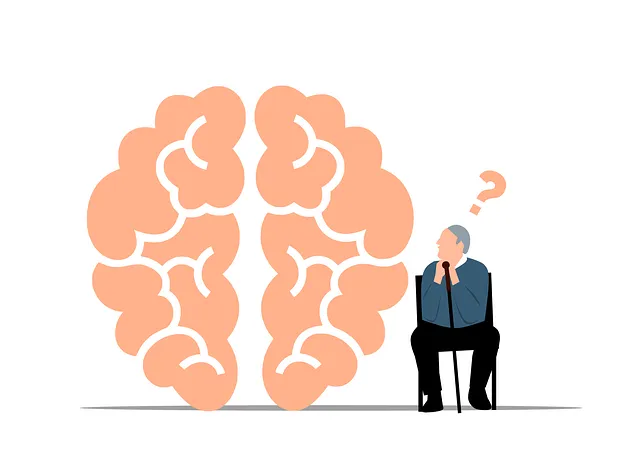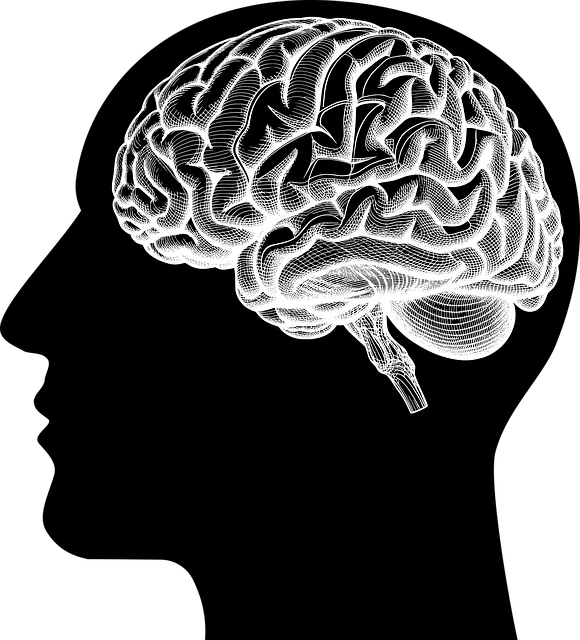Kaiser Permanente Mental Health Lakewood prioritizes crisis intervention with a holistic, community-focused approach. Trained professionals offer immediate support and personalized guidance for emotional regulation through evidence-based methods like stress reduction and journaling exercises. Their multifaceted strategy integrates Mind Over Matter principles with compassion cultivation and empathy building, fostering long-term resilience. Community outreach programs emphasize early intervention, collaborative problem-solving, and emotional intelligence, transforming lives and building resilient communities.
Crisis intervention strategies are a vital component of healthcare, especially when dealing with mental health emergencies. This article explores the critical role professionals play during such situations, using Kaiser Permanente Mental Health Lakewood as a case study. We’ll delve into their effective approach and key strategies, highlighting practical implementation methods and the importance of continuous support in community settings. Understanding these interventions is essential for healthcare providers aiming to offer prompt, compassionate care during crises.
- Understanding Crisis Intervention: A Vital Role for Healthcare Professionals
- Kaiser Permanente Mental Health Lakewood: An Overview of Their Approach
- Key Strategies for Effective Crisis Intervention
- Practical Implementation and Continuous Support in Community Settings
Understanding Crisis Intervention: A Vital Role for Healthcare Professionals

Crisis intervention plays a pivotal role in healthcare, especially when it comes to addressing mental health issues. Professionals at Kaiser Permanente mental health Lakewood are well-trained in providing immediate and effective support during crises. This is crucial as timely intervention can significantly impact an individual’s long-term mental wellness. By offering guidance tailored to each person’s unique situation, healthcare providers ensure that patients receive the necessary tools to navigate through challenging times.
In today’s fast-paced world, promoting emotional regulation and stress reduction methods is essential. Mental Wellness Journaling Exercise Guidance can be a powerful tool for self-care. Encouraging individuals to reflect on their thoughts and emotions in a structured journal allows them to develop healthier coping mechanisms. This practice, combined with other evidence-based Stress Reduction Methods, empowers patients to better manage future crises, fostering improved mental health outcomes.
Kaiser Permanente Mental Health Lakewood: An Overview of Their Approach

Kaiser Permanente Mental Health Lakewood stands as a beacon of hope and healing within the community. Their approach to crisis intervention emphasizes holistic care, integrating Mind Over Matter Principles with evidence-based practices. This multifaceted strategy ensures that individuals not only receive immediate support during a crisis but also develop long-term coping mechanisms and emotional resilience.
The organization’s commitment extends beyond clinical services through their Community Outreach Program Implementation. By actively engaging with local communities, they foster a culture of mental wellness, promoting early intervention and prevention. This community-centric approach leverages Emotional Intelligence as a cornerstone, empowering individuals to understand and manage their emotions effectively. This comprehensive strategy reflects Kaiser Permanente Mental Health Lakewood’s dedication to transforming lives and fostering healthier, more resilient communities.
Key Strategies for Effective Crisis Intervention

In the event of a crisis, effective intervention strategies are vital for supporting individuals and communities, especially in the context of mental health challenges. Organizations like Kaiser Permanente, with their focus on holistic wellness, highlight the importance of comprehensive approaches. For instance, at their mental health facilities in Lakewood, they implement various techniques to address acute situations while fostering long-term resilience.
Key strategies include Compassion Cultivation Practices, which encourage empathic understanding and reduce stress. By teaching individuals to respond with kindness and patience during crises, these practices promote positive interactions. Additionally, Empathy Building Strategies are crucial for establishing trust and connection. Training facilitators to actively listen and convey genuine care can significantly impact an individual’s recovery journey, making them feel understood and supported during challenging times.
Practical Implementation and Continuous Support in Community Settings

In community settings, the practical implementation of crisis intervention strategies requires a collaborative approach involving local organizations and residents. Kaiser Permanente mental health Lakewood, for instance, has pioneered programs that empower individuals to support their peers during crises. These initiatives often include Stress Management Workshops Organization sessions, which teach effective coping mechanisms and conflict resolution techniques, fostering an environment where emotional intelligence is cultivated and social skills are enhanced.
Continuous support is vital in these settings. Social Skills Training programs can be tailored to meet the unique needs of diverse communities, ensuring that everyone has access to resources for emotional well-being. By integrating these strategies into community fabric, residents learn to navigate challenges collaboratively, creating a network of support that reverberates throughout the neighborhood, much like a symphony of resilience where each individual plays their part in maintaining mental health and well-being.
Crisis intervention plays a pivotal role in healthcare, as highlighted by organizations like Kaiser Permanente Mental Health Lakewood. Their approach emphasizes proactive strategies, focusing on community support and continuous care. By integrating these key techniques, healthcare professionals can effectively navigate crises, offering guidance and hope to those in need. Adopting such practices ensures that individuals facing mental health challenges receive timely assistance, fostering a more resilient and supportive society.






